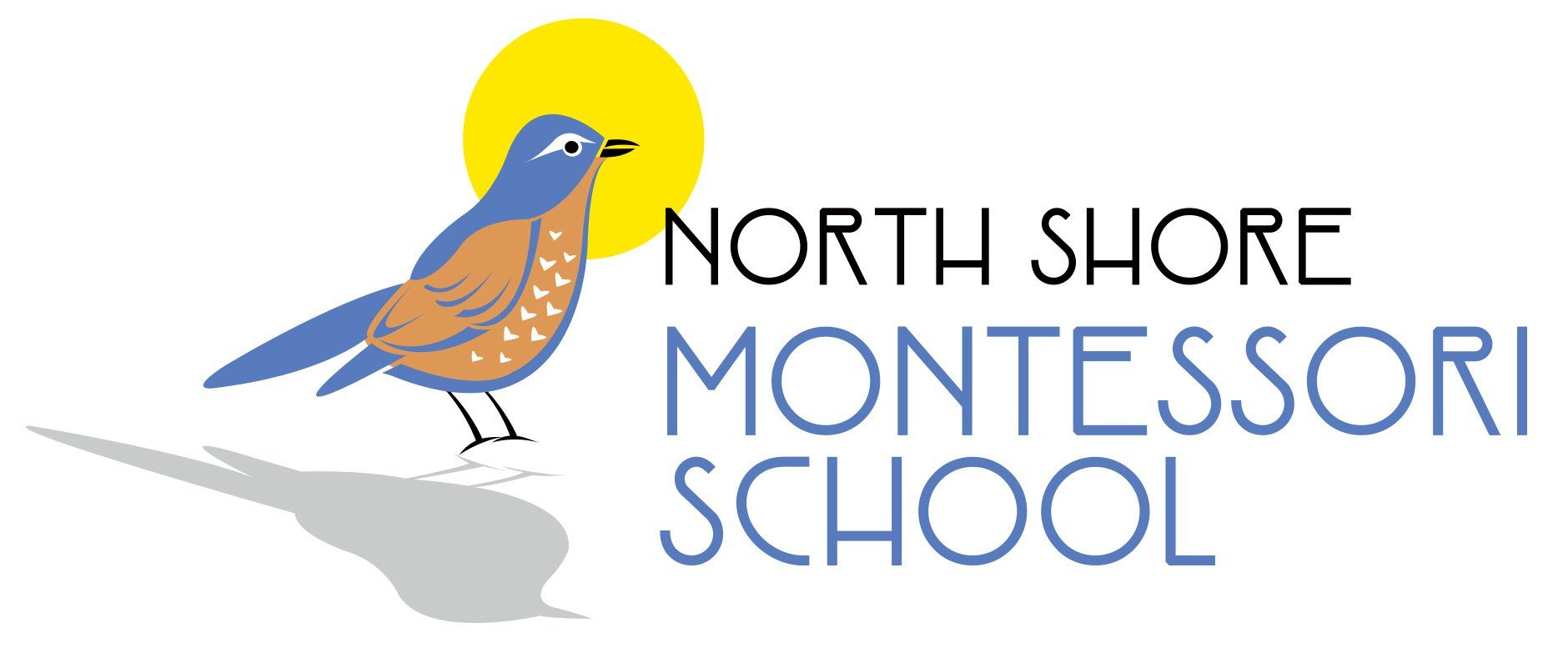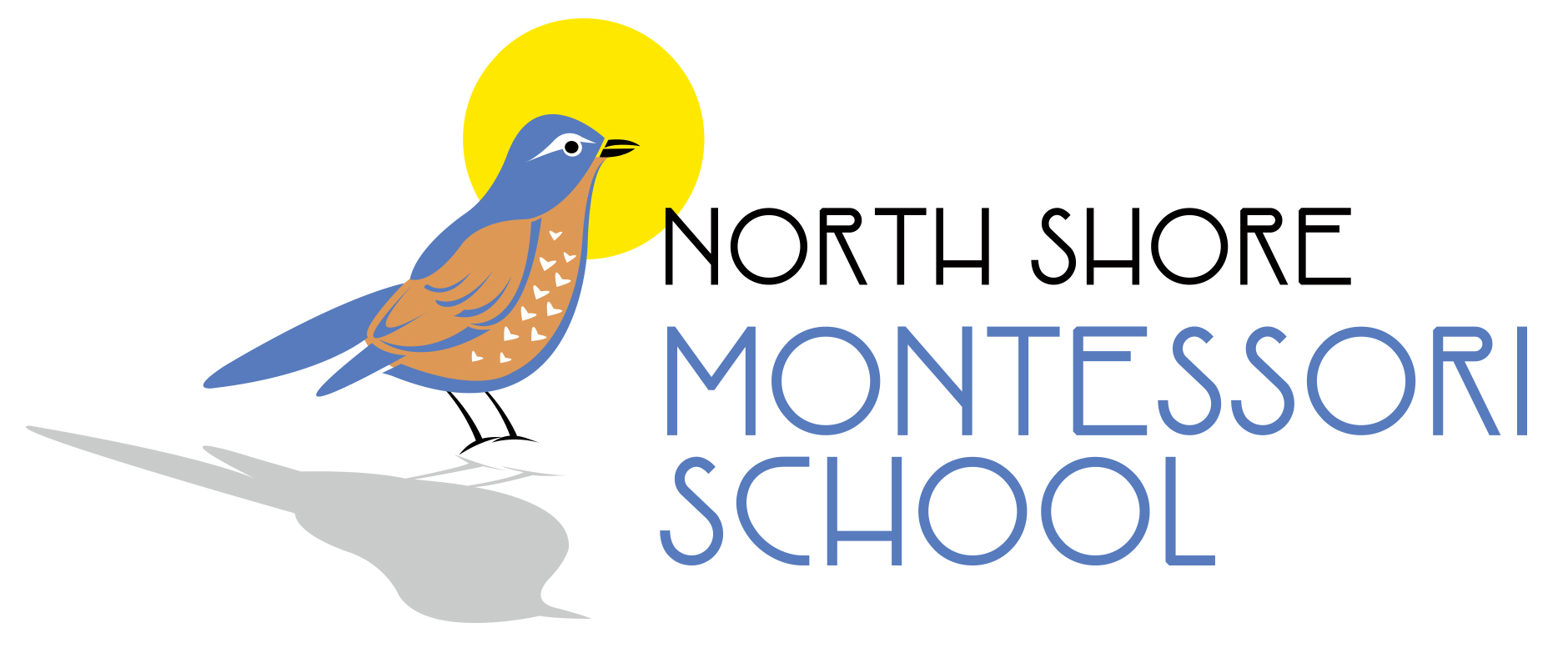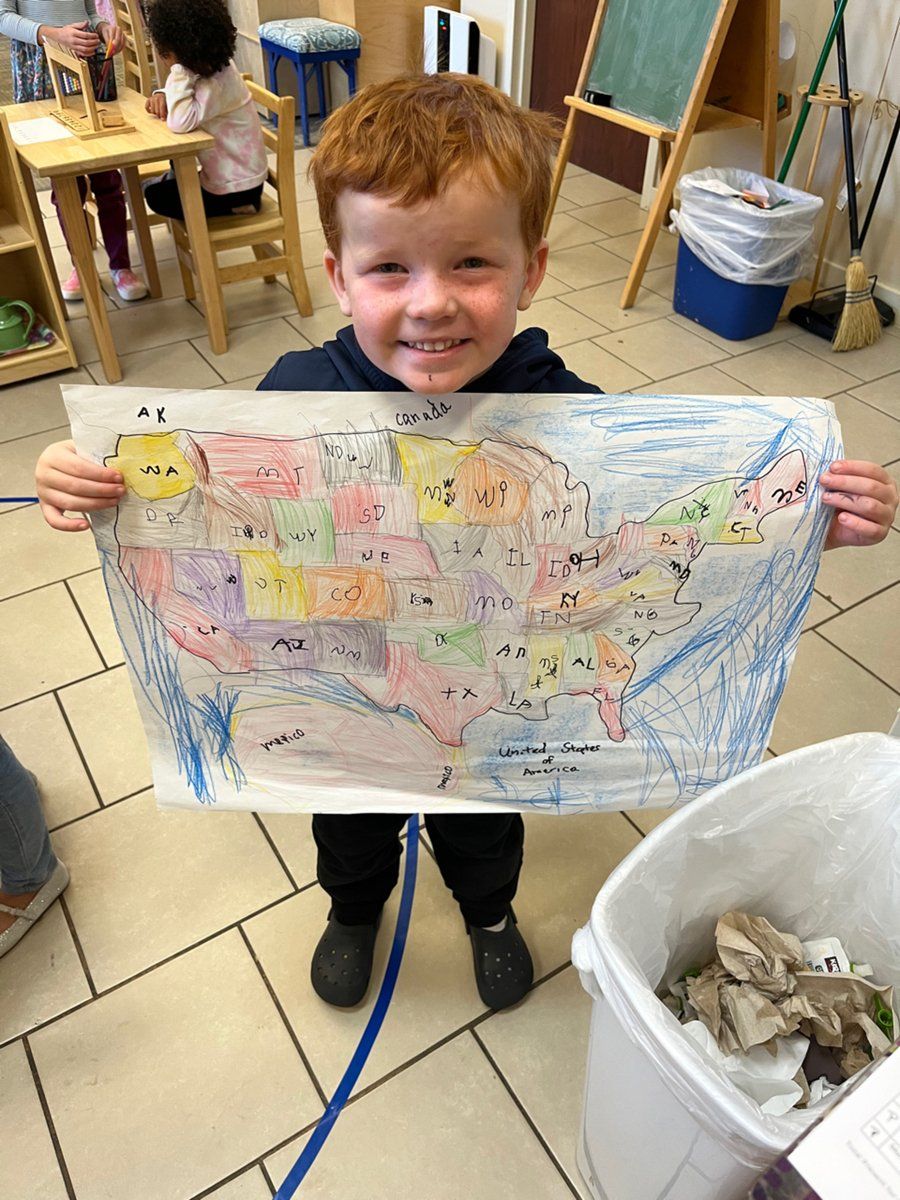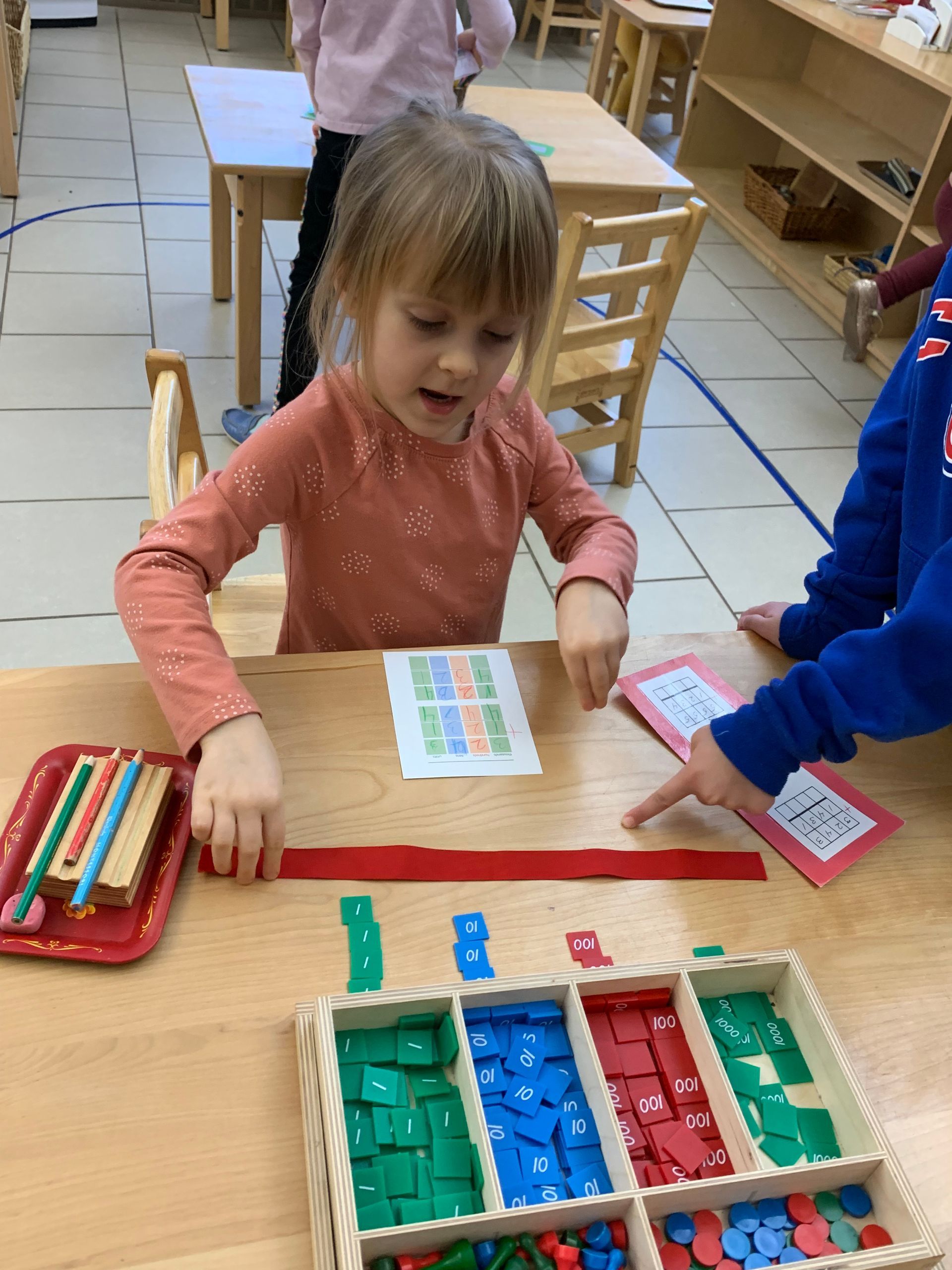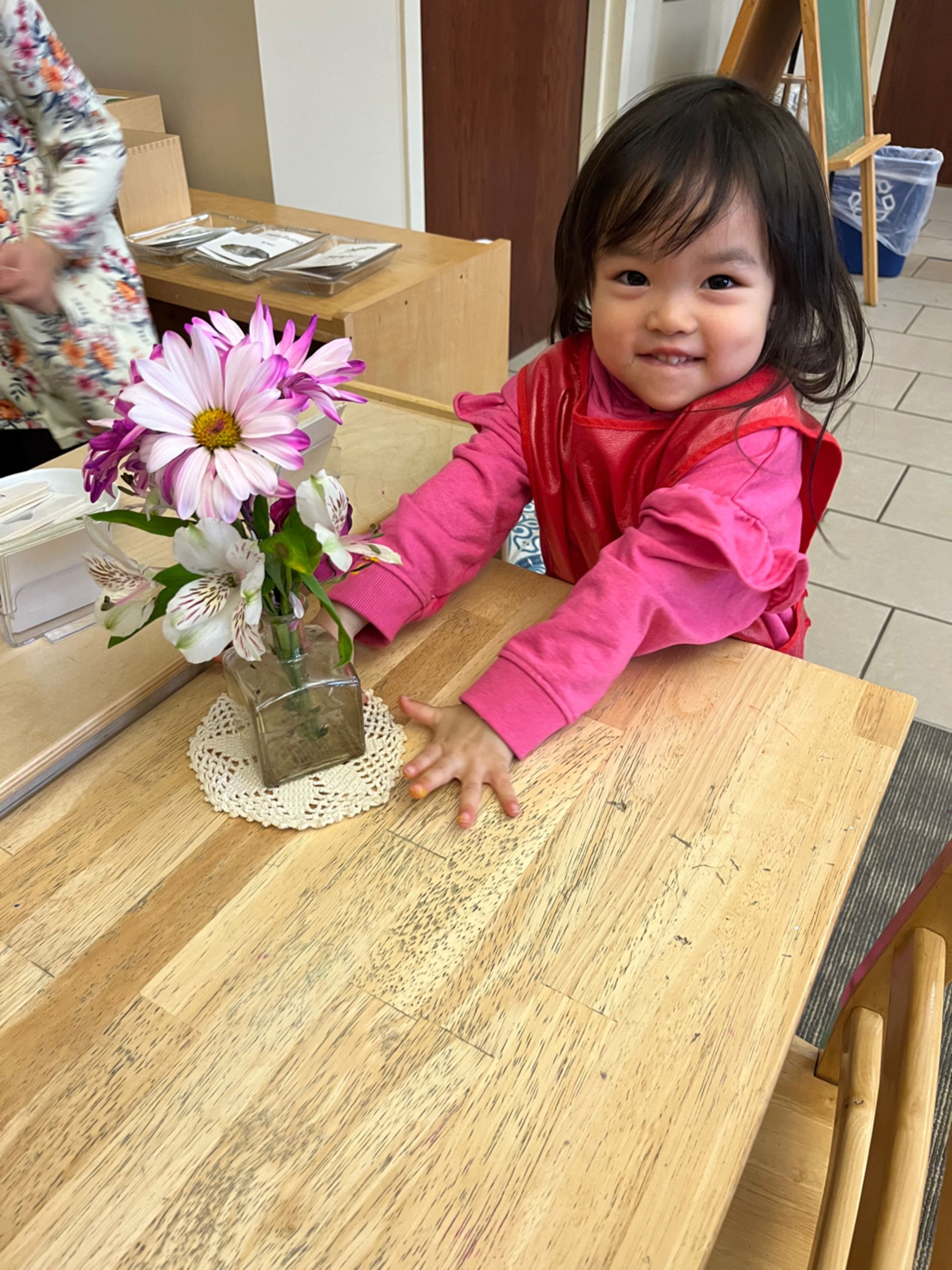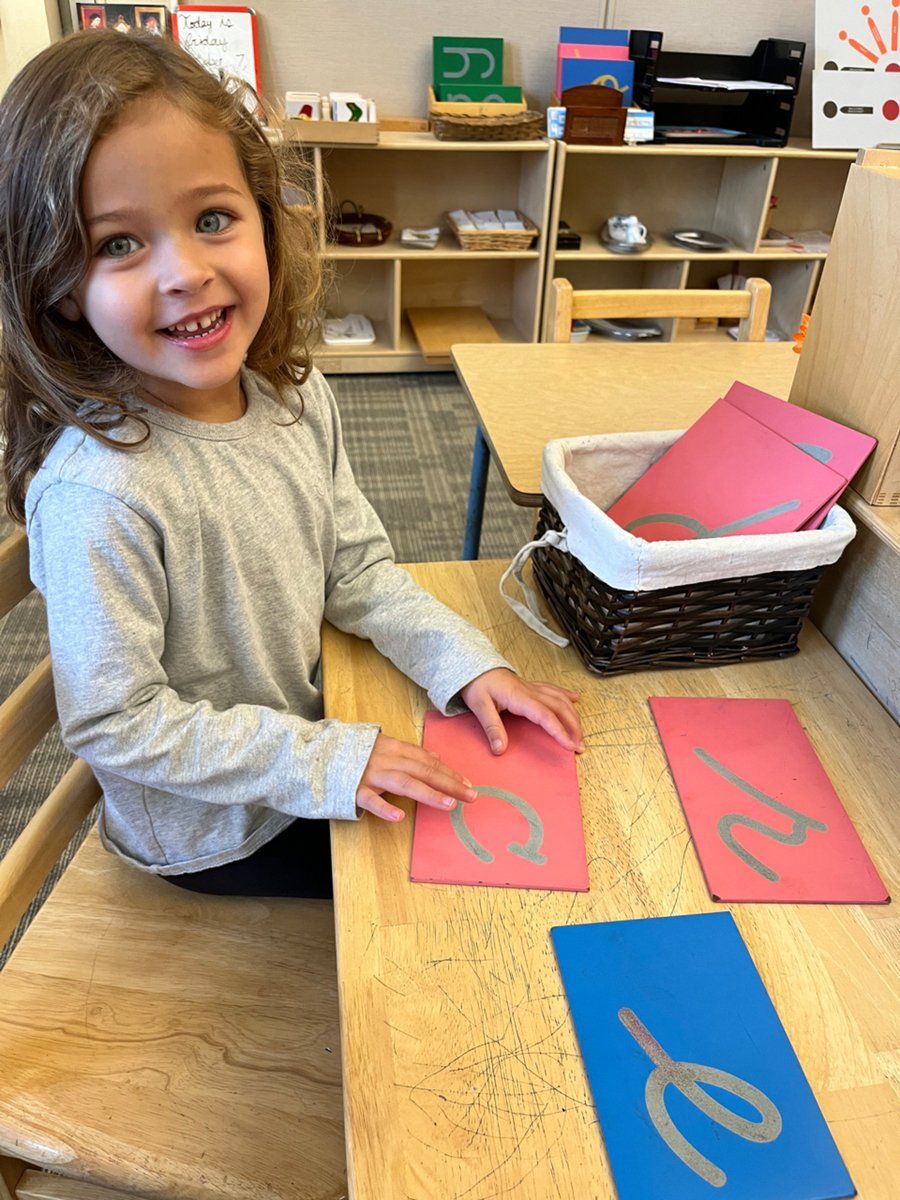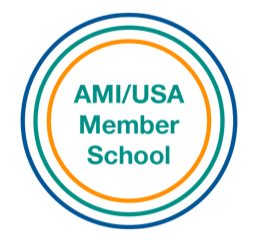Children's House
(3 - 6 years old)
Children’s House (3 - 6 years)
Morning Program (ages 3-4)
8:15 am - 11:45 am, M-F (5 days/week)
Full Day Program (ages 3-6)
8:15 am - 3:00 pm, M-F (5 days/week)
* Please note, children must turn 3 by September 1, 2024 to be eligible for Children's House 2024/25 enrollment. Children not yet 3 by September 1st are eligible for our Prima Program
This is the Absorbent Period where children learn effortlessly. The enriching environment, beautiful Montessori materials, and guided lessons invite children to explore, and construct knowledge at their own pace. This is respect for the child.
Our Montessori classrooms are carefully prepared to nurture and strengthen each child’s natural tendency to learn and master academic, social, and emotional skills. The child-directed environments promote freedom and liberty, which ignites an enthusiasm for learning and fosters self-esteem, self-control, and independence.
Children engage in a wide variety of lessons that include Practical Life activities, Sensorial exploration, Language enrichment, Mathematic exposure, Cultural and Geography studies, Art exploration, Music appreciation, Grace and Courtesy lessons, and observation of the natural world through Science and Nature pursuits. Learn more about the sequence of lessons and curriculum that the Children's House child experiences.
Children's House is a three-year program for children who enter at age three and are a part of their community until they are six years old. The crucial third year in the Children's House classroom is a capstone year where children gain mastery over their curriculum and have many opportunities to be leaders.
Children must be toileting independently and showing other general signs of readiness to begin in Children's House.
Children's House Routine
-
8:15 Arrival
From 8:15 to 8:30 children are dropped off at their classroom door. Children change into indoor shoes and begin their morning routines of washing their hands and preparing the classroom for the day.
-
8: 30 Morning Work Period
Primary aged children engage in a three hour work period where they are free to make independent and small group work choices based on what lessons they have been given. Students have ample time to practice lessons to mastery and build concentration skills. Guide and assistant aid children in lessons in practical life, sensorial, language, mathematics, culture, and spanish. A snack is available for the children during this morning period.
-
11:00 Group Time
Children engage in music, movement, stories, and closing activities as a group.
-
11:15 Outdoor Time
Children engage in outdoor free time and group activities in the Play Scape Area.
-
11:45 Morning Dismissal
Children who stay half day are dismissed to caretaker at their classroom door.
-
12:00 Lunch
Children enjoy lunch in their classrooms with real plates, utensils, and a cloth napkin as a community. Guides eat with children to model grace, courtesy, and table manners.
-
12:30 Rest / Reading
Children aged 3 & 4 transition to rest time, enrichment activities, and outdoor time for the afternoon.
Children that are 5+ have reading time which includes one on one time for them to practice reading and full group chapter book time.
-
12:45 Extended Work Period
Children 5+ have an extended work period, where they are able to work on more advanced lessons in a smaller afternoon group.
-
2:30 Environment Care
Children are assigned weekly chores that teach them how to collecitvely care for their classroom.
-
3:00 Afternoon Dismissal
Children are dismissed to caretaker at their classroom door.
Mixed Age Classrooms
Because the curriculum is individualized, your child will work at their own pace while participating in a mixed age classroom community. Younger children learn by observing the behavior and activities of the older children. Older children gain self-confidence, leadership skills, and responsibility by setting an example for their younger peers. Optimal outcomes occur when children spend three consecutive years in one classroom community.
The Gift of Choice
There are many reasons why Montessori works, but one is especially crucial to the classroom. Your child will be introduced to a broad range of concepts and activities in individual and small group lessons. The real learning, however, occurs through independent choice, exploration, and repetition until the lesson is mastered by the child.
Connection
Our AMI certified teachers chose this career because of their love for children, dedication to Montessori philosophy, and mission for peace education. Their depth of training and knowledge is amplified by the joyful and meaningful relationship they develop with your child throughout the three-year journey together.
Child Centered
Children are born with a natural curiosity and innate drive to learn. Montessori guides do not interfere with this process, rather support their great potential. Each child essentially has their own lesson plan. Unlike conventional classrooms, where children are passive receivers of information, guides in the Montessori classroom give lessons and then watch for successful completion before introducing the next concept.
Hands-On Materials
Children in a Montessori classroom are encouraged to learn by touching, feeling, and doing! The scientifically designed Montessori materials help your child learn through hands-on use and exploration. Through continued practice, the child develops a concrete understanding of abstract concepts.
Group Activities
While much of the day is spent in self-directed work, there are also times for group activity and play. Guides may gather a group for songs or stories about a cultural, scientific or historical theme of interest. Ample time is also given to run, dig, explore and play with friends outdoors. In a Montessori classrooms, you’ll see kids learning about real-life situations in a playful and fun way!
Differentiated
Instead of a top down curriculum based upon age, the teacher is trained to respect your child’s unique potential and connect them with the lesson best suited for that precise moment of development. Children are challenged appropriately based on their readiness, interest, and learning needs.
Children’s House
The teacher works to perfect the environment – in it, your child works to perfect him or herself. Our teachers put tremendous care and attention into the details of the classroom. Low shelves, beautiful artwork, books and cultural items pique your child’s interests and stimulate his senses. The children respond by developing a sense of classroom ownership and a drive to care for it, further deepening the bonds of the community and their quest to learn.
Essential Skills
The Children's House classroom is designed to help your child become their best self. Through “grace and courtesy” activities, we teach your child how to approach and solve conflicts, act politely in social situations, and demonstrate kindness and helpful action to all. Montessori teaches essential skills like critical thinking, creativity, communication, and collaboration, that children need to develop to thrive in the 21st century.
PROGRAMS
North Shore Montessori School
4650 North Port Washington Road
Lexington Building
Milwaukee, Wisconsin 53212
North Shore Montessori School
North Shore Montessori School
